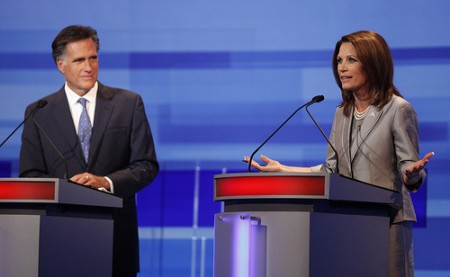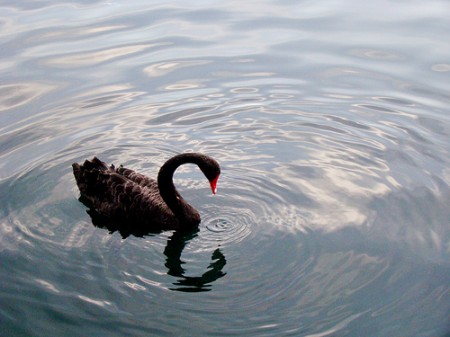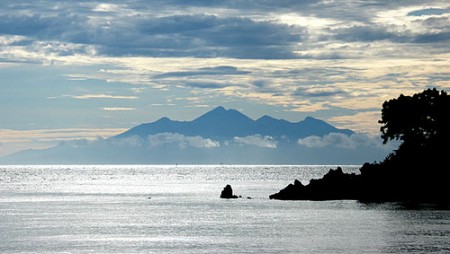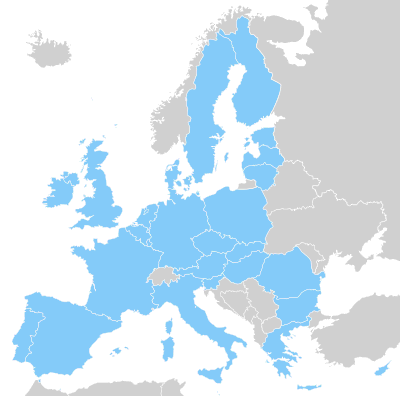
The next American presidential election is only 13 months away, and the campaign season is getting close to full-swing. Last night in Hanover, New Hampshire, the candidates for the Republican nomination met for what is already their seventh debate, and there are signs, in his energetic push for the Jobs Bill, that ‘campaign Obama’ may be about to emerge from his presidential shell. At this stage, all eyes are understandably focused on the economy, as it is widely believed that the election will be decided by what happens with unemployment. In September, the economy created 103,000 non-farm jobs, edging the official rate up to 9.1 percent. Looming ever more ominously on the horizon, however, is the much bigger problem of the national debt. At last count, total outstanding public debt is now at 99 pct of GDP, the highest level since the heyday of the Marshall Plan.
As James Traub, for Foreign Policy, has pointed out, this focus on economic matters has meant less direct attention to foreign affairs, particularly by the Republican candidates.






